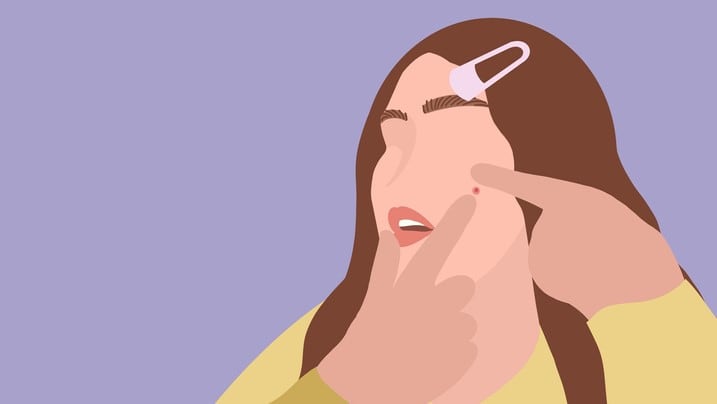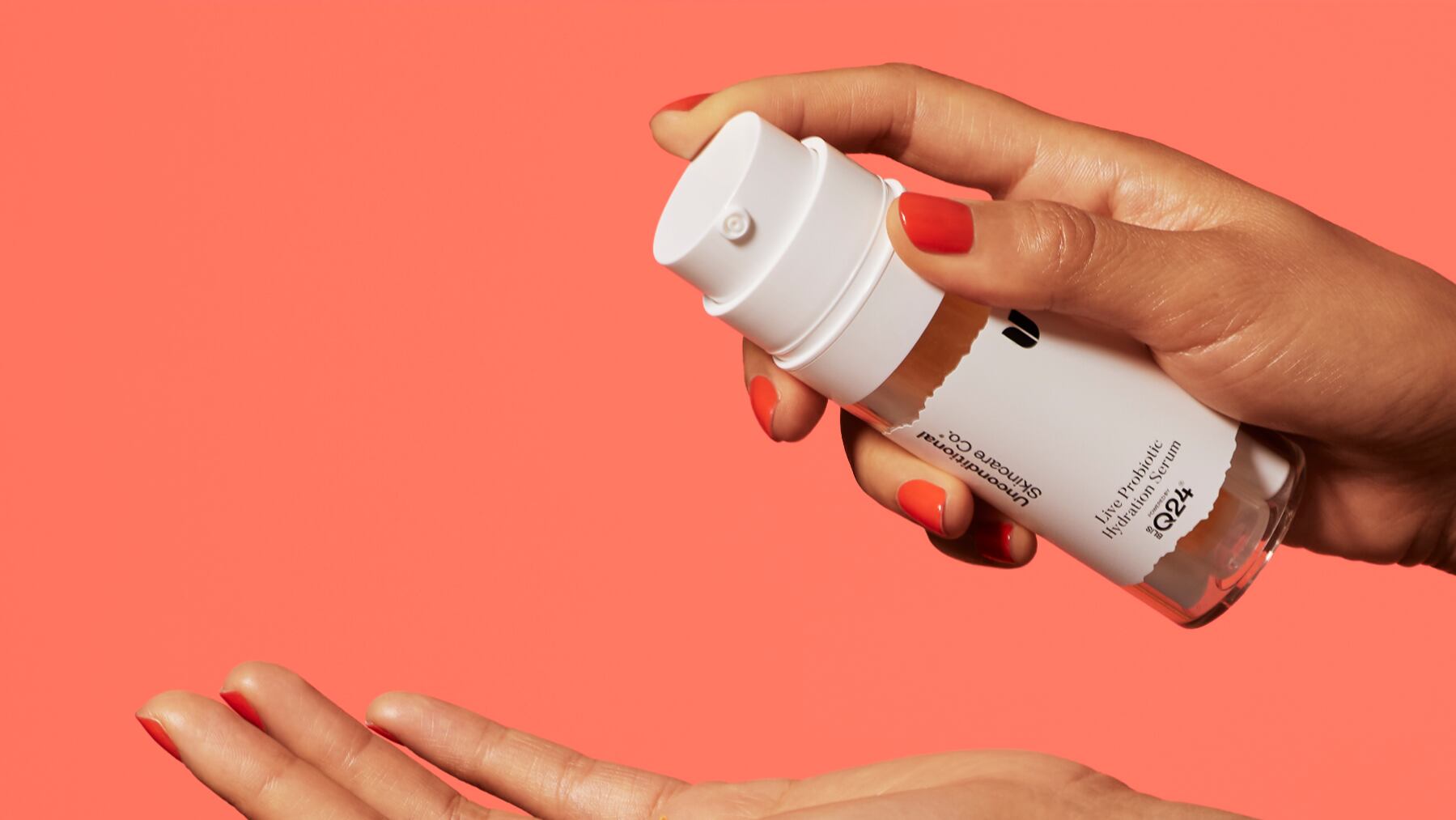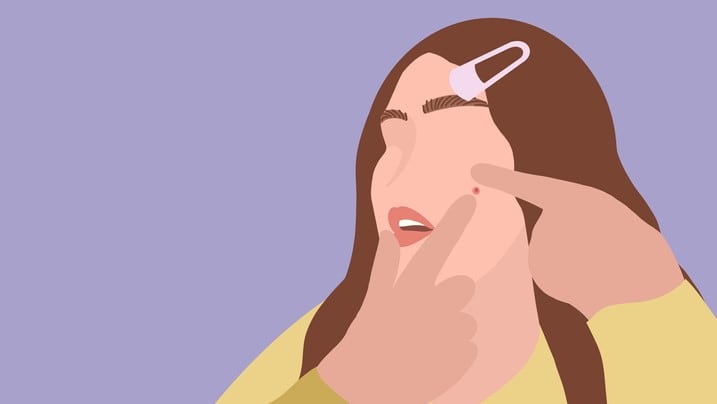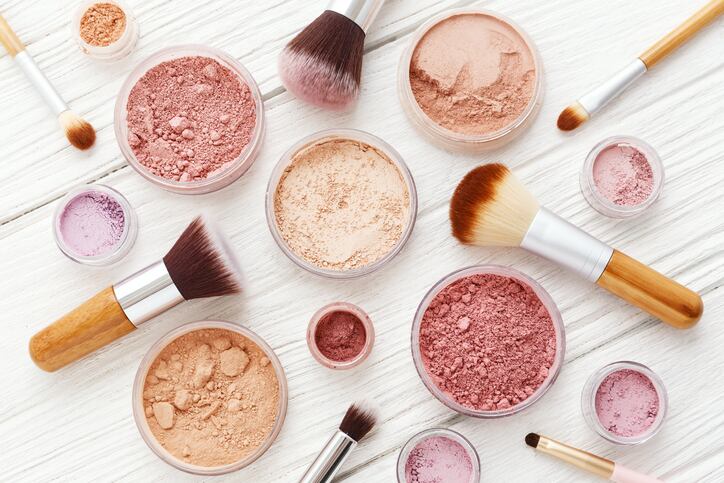Acne typically occurs among teenagers during puberty, but it can also occur in adulthood.
“When it comes to acne, it’s important to note that it does not just affect the younger generation, the teenager, but it also affects adults in their 20s or 30s. For them, acne can be different from teens. It can be in the form of non-inflammatory lesions, such as blackheads and whiteheads,” said Federica Lam, regional marketing manager of Lucas Meyers Cosmetics.
Despite the growing number of adult acne cases, which are driven by lifestyle and environment changes, there appears to be a lack of solutions to deal with this persistent problem.
“The market for adults is concentrated on anti-ageing, brightening and hydration so we don’t see many products targeting this segment,” said Lam.
Another issue facing this category is the lack of anti-acne products for sensitive skin, which is a huge segment itself.
“If we step back and look generally at the whole Asian skin care market, we see that Asian consumers tend to lean towards sensitive skin products. That is a sign that more Asian consumers have sensitive skin, and that’s due to factors like lifestyle or increasing urbanisation,” said Lam.
However, acne care products mostly did not cater to this audience, she added.
“Looking at APAC itself, most anti-acne products use conventional ingredients like salicylic acid or benzoyl peroxide. Although they are very well-known in the market, they can be very harsh on the skin.”
A real balancing act
To tackle acne in a gentler manner, Lucas Meyers Cosmetics turned to understanding the link between acne and the skin microbiome.
Previously, cosmetics companies sought to gun down Cutibacterium acnes (C. acnes), which is believed to be the culprit of acne breakouts.
However, more recent studies into the microbiome of acne-prone skin have shed new light on how this approach is not the most prudent.
“If you look at the finished products on the market, you have ingredients that target the C. acnes bacteria. However, science has found that there are a hundred different species of C. acnes and among these strains there are good and bad strains,” explained, Magali Borel, senior product line manager, Lucas Meyers Cosmetics.
“Contrary to what we thought before, which was that decreasing the amount of C. acnes was enough to decrease acne, the new the new philosophy is to rebalance all the different strains, the good and the bad.”
One of the firm’s latest developments is Dendriclear, which it claims helps to rebalance the skin’s microbiota and improve acne without the undesirable side effects.
Instead of decreasing C. acnes quantity, the ingredient has a lysine dendrimer structure that selectively weakens acneic strains. At the same time, it promotes the growth of non-acneic to help the skin’s microbiome reach an equilibrium.
Moving forward, the company will continue on with its research into the microbiome, more specifically into skin disorders such as psoriasis and eczema, said Borel
“A healthy microbiota means healthy skin. If you have a skin disorder, it might be because of an imbalanced or disturbed microbiota. It's something we are going to regularly put in our screenings when can.”





